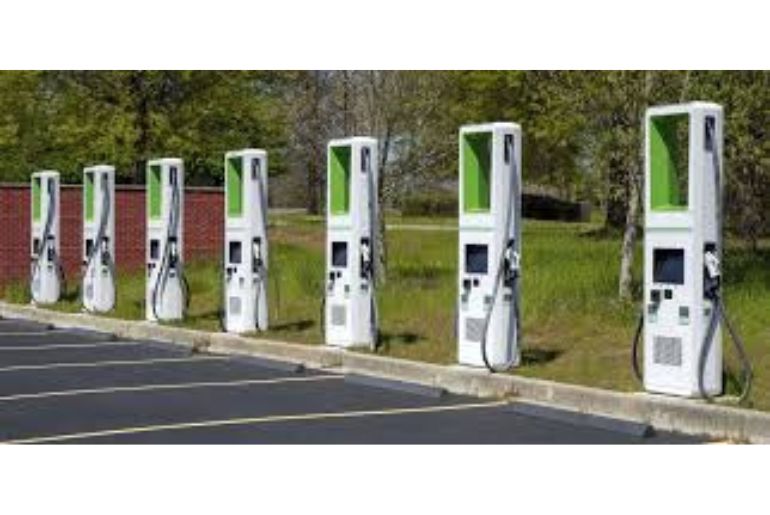In a major milestone for India’s electric mobility push, the country has installed 29,277 public electric vehicle (EV) charging stations across states, marking a significant scale-up in charging infrastructure. The data was recently shared by the Ministry of Heavy Industries in response to a query in the Lok Sabha, showcasing India’s growing readiness to support mass EV adoption.
Karnataka Leads, Followed by Maharashtra and Uttar Pradesh
Among the states, Karnataka leads the deployment with 6,097 public charging stations, followed by Maharashtra with 4,155 and Uttar Pradesh with 2,326. Additionally, Tier-2 cities have contributed significantly to the expansion, hosting 4,625 charging stations as of April 2025.
India’s public EV charging infrastructure has grown nearly fivefold from just over 5,000 stations in FY22 to over 26,000 by early FY25. This growth reflects a compound annual growth rate (CAGR) of over 70%—a strong indicator of the country’s commitment to its clean mobility transition.
Still One Public Charger for Every 235 EVs
Despite the expansion, the charger-to-vehicle ratio remains a concern. Currently, there is only one public charger for every 235 EVs on Indian roads, underscoring the urgent need for further infrastructure investment to match rising EV sales.
Industry and Government Accelerate Deployment Plans
Major automakers are actively contributing to this growth. Tata Motors, in partnership with Tata Power, Statiq, and ChargeZone, has pledged to add 30,000 new charging points and launch 500 mega fast-charging hubs, with a broader vision of reaching 400,000 charging points by 2027.
Other manufacturers such as Maruti Suzuki, Hyundai, and JSW MG are also expanding their EV charging networks. Hyundai, for instance, plans to install 600 public fast-charging stations by 2031 and offer access to 10,000 charging points through strategic partnerships.
Power Consumption Signals Growing EV Adoption
The electricity consumption for public EV charging surged 85% year-over-year in FY25, with stations consuming 590 million units between April and December 2024. Delhi alone accounted for 44% of the total electricity consumed for charging, followed by Maharashtra and Gujarat.
Government Backing Through Policy and Subsidies
The central government has earmarked ₹2,000 crore under the PM E-DRIVE Scheme for EV charging infrastructure development. The earlier FAME-II scheme also played a critical role by subsidizing thousands of charging stations nationwide.
The upcoming BHEL EV Super App, currently under development, will help users locate, book, and pay for EV charging through a unified platform, improving user experience and boosting charger utilization.
Snapshot of EV Charging Infrastructure in India
| Metric | Value |
|---|---|
| Total Public Charging Stations | 29,277 |
| Top State | Karnataka (6,097 stations) |
| Growth from FY22 to FY25 | 5× increase (5,151 to 26,367) |
| Charger-to-EV Ratio | 1:235 |
| Target Charging Points by 2027 | 400,000+ (industry projection) |
Outlook
With the EV revolution gaining momentum, robust charging infrastructure remains critical for long-term success. India’s rapid progress is encouraging, but bridging the gap between infrastructure and the fast-growing EV population will require continued investment, private-public collaboration, and innovative policy frameworks to ensure seamless, sustainable, and equitable access to charging across all regions.

